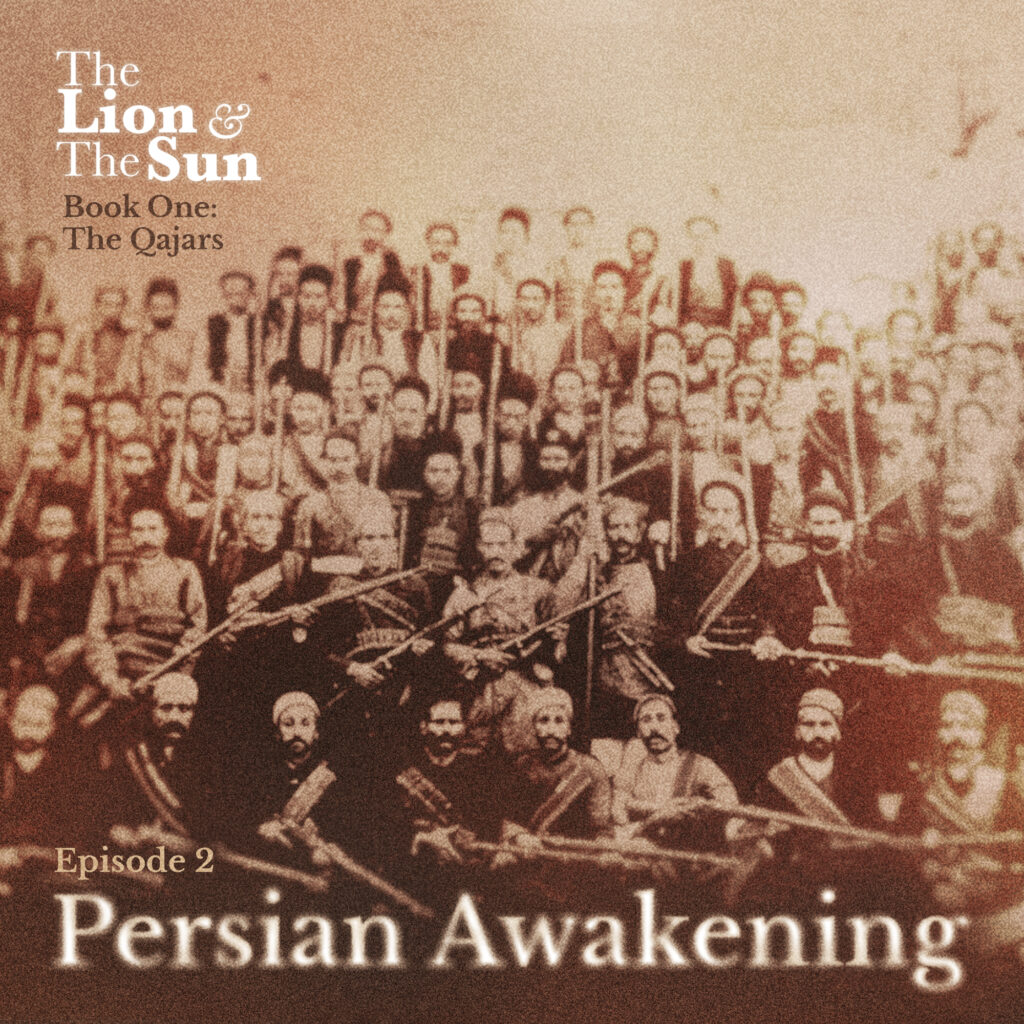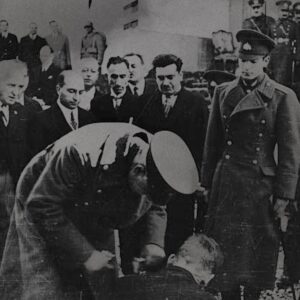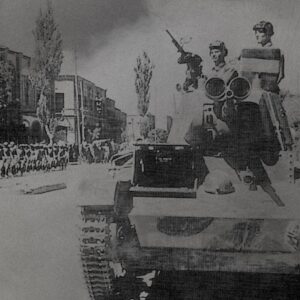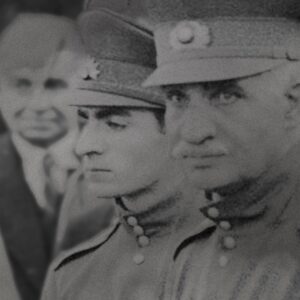Podcast: Play in new window
What can you do when the king is assassinated, prices are high and the country is in crisis? You demand a parliament. The story of how Persia’s first national assembly (Majlis) was established and how democracy found its way into Iran.
Episode Summary
In this episode, we look at the events of 1906 that catalyzed the Persian Constitutional Revolution. It begins with an assassination. After the death of Nasir Al-Din Shah, his son, Mozaffar takes the throne.
During Mozaffar Al-Din Shah, economic woes plagued Persia. Debt mounted, prices soared due to inflation and trade disruptions from the Russo-Japanese War, and a cholera outbreak devastated the population. Discontent grew among the people.
The spark that ignited widespread protests came in December 1905, when the ruler of Tehran publicly whipped two prominent sugar merchants, accusing them of price gouging. Outraged by this humiliation of respected merchants, bazaar traders launched a strike. Their demands were simple – dismiss the brutal Tehran ruler, fire the Belgian customs administrator Joseph Naus, and establish a “house of justice.”
Initially, the shah refused to buckle. But his son Mohammad Ali Mirza secretly backed the protestors, seeing a chance to bolster his claim as heir. Under this pressure, Mozaffar al-Din Shah dismissed the Tehran ruler and agreed to consider the “house of justice” idea, though Naus remained.
Tensions reached a boiling point during the holy month of Muharram in July 1906. Security forces killed a religious student amid protests over the arrest of an anti-monarchy preacher. This enraged the public, sparking larger demonstrations and deadly clashes with troops in the streets.
Influential clergy like Seyyed Abdullah Behbahani left Tehran in an act of defiance. At first, rebuffed, Behbahani ultimately persuaded British diplomats to grant protesters refuge within the embassy compound. An extraordinary scene unfolded as over 14,000 people streamed into the embassy grounds. They erected a tent city and debated ideas of constitutional government.
What began as a limited strike for modest reforms transformed into something much greater during this “Grand Protest” at the British Embassy. Demands escalated to calls for overthrowing the monarchy and instituting an elected majlis or parliament to draft Iran’s laws.
Faced with the largest popular uprising of his reign, Mozaffar al-Din Shah could no longer resist. On August 5, 1906, he decreed the formation of Iran’s first national consultative assembly (majlis) – a pivotal first step toward democracy.
But this was only the beginning. The new majlis immediately set its sights on rewriting Persia’s constitution to strip power from the monarchy. A fierce power struggle loomed with the heir apparent, who staunchly opposed sharing authority with elected representatives.
Music:
- Irsen’s Tale – Kai Engel
- Suspense Piano – Serge Quadrado
- Sea of Clouds – Kai Engel
- Vintage Frames – Kai Engel
- Waltzing in the Rye – Kai Engel
- Sunset – Kai Engel
For more information, read our blog or follow us on Instagram.








5 Responses
This is a terrific series.
This is a truly great show. Wow!
Thank you for your comment and for listening to us!
What an awesome history lesson. Sometimes certain eras and historical events seem to be beaten to death (ww2 nazis for example) so it’s a breath of fresh air to see an easily accessible account of events not so often reported in film or other media
Thank you for your kind comment! Our aim is to highlight the lesser-known aspects of Iranian history and offer fresh perspectives on these stories.